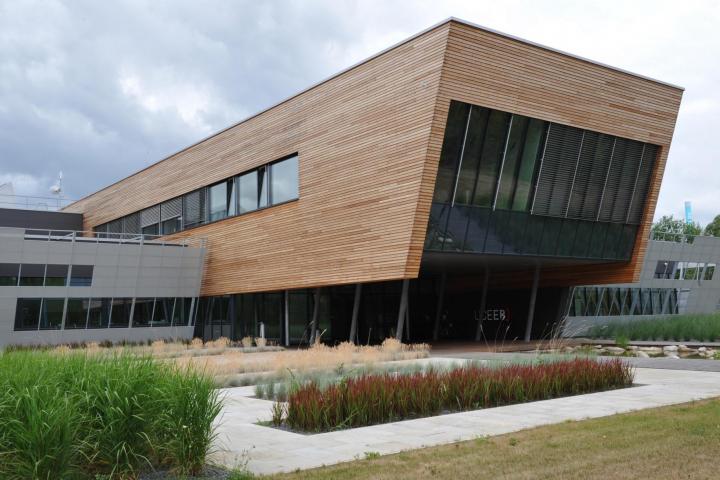
Construction and buildings are responsible for up to 38 per cent of global CO2 emissions, and despite the changes that have already been made, they are still among the biggest polluters. They are therefore one of the areas with the greatest potential for achieving energy savings and for significantly reducing the negative impact of human activity on the environment. Without a fundamental transformation in the building and construction sector, achieving decarbonisation is virtually unrealistic.
"UCEEB aims to reduce the energy consumption of buildings and efficient use of resources. Over the past ten years, we have managed to concentrate in one place experts with expertise in architecture, construction, engineering, information technology and indoor environmental quality in 18 expert teams, including two newly created ones. I am convinced that the further expansion of UCEEB activities will move us closer to the goals of sustainable construction, i.e. to achieve the lowest possible environmental load and the highest possible sustainability," says Ing. Robert Jára, Ph.D., Director of UCEEB.
The mission of the Circular Construction team is to support the implementation of principles of circular economy. It aims to reduce material intensity and minimise the environmental impact of the construction industry. "We create new practices to prevent waste in the construction industry, develop technologies for recycling different types of waste and their subsequent recovery, and look for new opportunities to maximize the use of materials and products. We conduct a pre-demolition audit of buildings. We also assess the environmental impacts associated with the end of their life cycle and we also deal with circular design of buildings," summarises some of the main activities of Ing. Jan Pešta, head of the Circular Building team.
The team's key activities include education and consultancy. For example, experience in pre-demolition audits and circular building design is passed on by experts in the Recycling Academy course. Team members also collaborate on the development of standards for pre-demolition audits and contribute to the preparation of guides to promote the use of waste and secondary raw materials in the construction industry and to the development of regional analyses of the efficient use of secondary raw materials.
The second newly established team, Modern Energy, is dedicated to the development of decentralised, digitalised and flexible energy systems for buildings and energy complexes. "Our work focuses on numerical modelling and data analysis of the interaction of buildings with the energy network, the development of prediction services in building energy, and the development of innovative tools to optimise the planning and operation of the energy system as a whole using building simulation, machine learning and artificial intelligence," says Ing. Vojtěch Zavřel, Ph.D., head of the Modern Energy team.
Experts are also assessing the technical readiness of buildings and neighborhoods for community solutions and exploring the impacts of new business models and legislation focused on demand response of consumption to grid demand, particularly response to short-term markets and aggregation flexibility in the building sector. An undoubted strength of the team is that its members have experience of dealing with contract, national and international research projects and are able to take clients from initial idea to pilot.